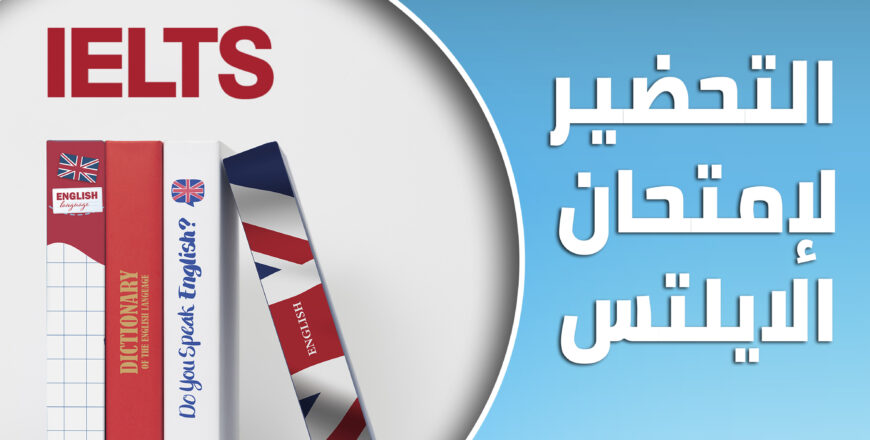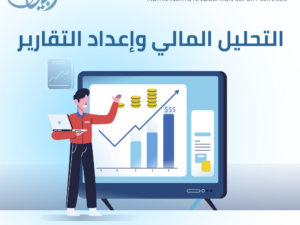ALBAYAN INSTITUTE EDUCATION SERVICES L.L.C

- Description
- Reviews
The IELTS (International English Language Testing System) Training Diploma at Albyan Institute is designed to provide students with the skills and knowledge necessary to succeed on the IELTS exam. This comprehensive program covers all four sections of the exam—listening, reading, writing, and speaking—and offers targeted preparation to help students achieve their desired band scores.
The curriculum of such a diploma program may include the following key components:
-
Introduction to IELTS: This course provides an overview of the IELTS exam format, scoring system, and the differences between the Academic and General Training versions of the test.
-
Listening Skills: Students develop their listening comprehension abilities through practice with various types of audio recordings, including conversations, monologues, and academic lectures. Emphasis is placed on note-taking, identifying key information, and understanding different accents.
-
Reading Skills: Techniques for improving reading comprehension, including skimming, scanning, and identifying main ideas and details in a variety of text types. Students practice with academic texts, articles, and advertisements to enhance their ability to handle the reading section.
-
Writing Skills: This module focuses on both Task 1 and Task 2 of the writing section. Students learn to describe visual information (graphs, charts, and tables) and practice writing essays, including argument, discussion, and opinion essays. Emphasis is placed on coherence, cohesion, and grammatical accuracy.
-
Speaking Skills: Techniques for improving spoken English, including practice with the three parts of the speaking test: the interview, the long turn, and the discussion. Students work on pronunciation, fluency, and the ability to articulate their thoughts clearly and confidently.
-
Grammar and Vocabulary: An in-depth study of English grammar and vocabulary to enhance language proficiency and improve performance in all sections of the exam. Focus is on common grammatical errors and expanding academic vocabulary.
-
Test-Taking Strategies: Strategies for managing time, understanding question types, and handling challenging tasks. Students learn how to approach different sections of the exam effectively and efficiently.
-
Practice Tests: Regular practice tests that simulate actual IELTS exam conditions, providing students with the opportunity to apply their skills and strategies in a timed environment. These tests help students build stamina and familiarize themselves with the exam format.
-
Feedback and Analysis: Detailed feedback on practice tests and assignments, helping students identify their strengths and areas for improvement. Instructors provide targeted practice to address individual weaknesses.
-
Listening and Note-Taking Practice: Exercises focused on improving listening and note-taking skills, essential for both the listening and writing sections of the exam.
-
Integrated Task Practice: Practice with tasks that integrate multiple skills, such as reading and listening followed by writing or speaking, to develop the ability to synthesize information from different sources.
-
Study Plans and Resources: Guidance on creating effective study plans, using available resources, and maintaining motivation and focus throughout the preparation period.




